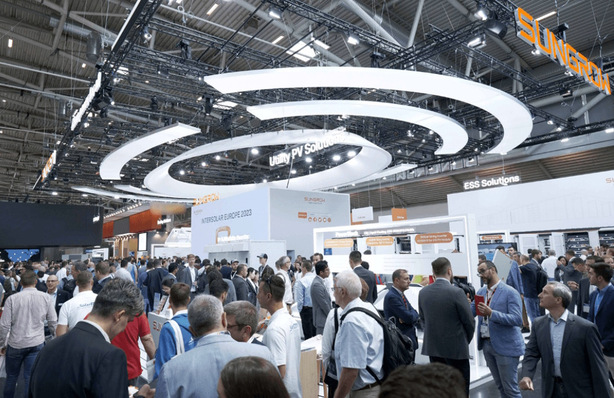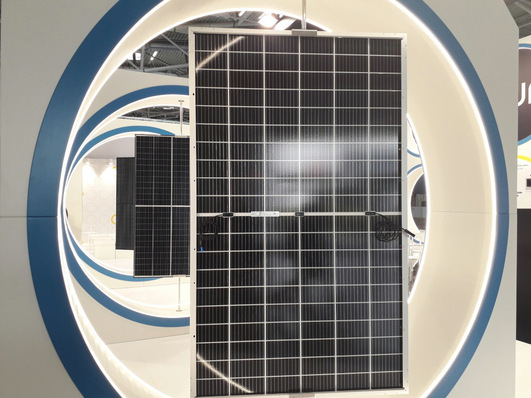According to STA this is a vital first step towards the creation of an efficient and clean power system which the National Infrastructure Commission predict will benefit industry and consumers to the tune of up to £8bn a year by 2031. As the heat and transport sectors electrify, peaks and pressures on the national grid are set to rise and much greater system flexibility will be required to ensure generation and demand are more efficiently matched. A smarter energy network is therefore essential to retain competitiveness and to reduce costs to consumers, STA states.
More solar can be integrated
Paul Barwell, STA CEO, welcomed the call for evidence and commented: “Opening both energy markets and networks to the clean and clever technologies available today will be hugely beneficial for consumers. Smart power allows greater volumes of the cheapest forms of clean power – like solar – to be integrated effectively into the energy system. It also means demand will more efficiently match supply, rather than wasteful business as usual, where generation simply follows demand peaks. Smart power will benefit consumers with more affordable, clean and secure power - which it will be easier to own themselves. It will also encourage huge investment into UK Plc.”
Decentralized distribution systems
The STA’s Strategic Grid Working Group aimed to transform the operation of local power networks to enable far more efficient connection and management of clean solar generation. Even modest rooftop solar schemes can face problems accessing the networks in parts of the country. The announcement today should help local grid operators, known as ‘Distribution Network Operators’ move towards ‘Distribution System Operators’. This means local networks should be increasingly incentivised to act like intelligent ‘mini grids’, with much more freedom to connect and manage complex power flows. It is also hoped that the power markets will increasingly move to put demand reduction contracts and storage on a more level footing with generation, enabling the shaving of expensive and inefficient demand ‘peaks’.
Push for battery storage
One of the key new system flexibility tools identified in the Smart Energy proposals is battery storage. Earlier this year an independent report from Aurora Energy Research, commissioned by the STA, found that integrating solar into a decentralized, flexible, smarter power system, including storage, delivers a net benefit to the system of £3.70 per MWh. This is because solar combined with battery storage allows output to match demand requirements exceptionally closely, and requires only a small amount of backup. The STA report “Solar + Storage = Opportunities” confirms that storage is a long-term game changer, rather than a short-term market bubble. The STA will be submitting its analyses to the smart power call for evidence.
The STA is now looking to work in partnership with the diverse industries that make up a smart power system and will be making further announcements in due course. (HCN)
Related news:







